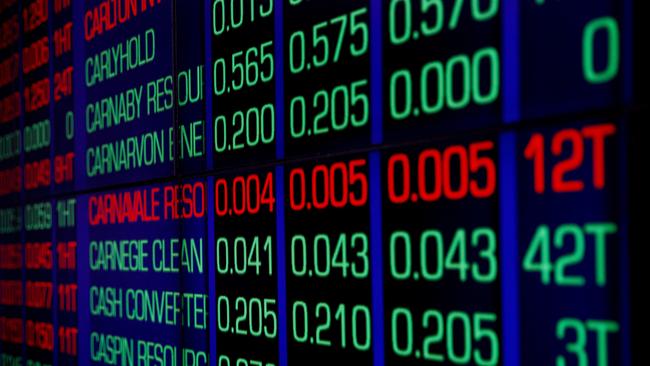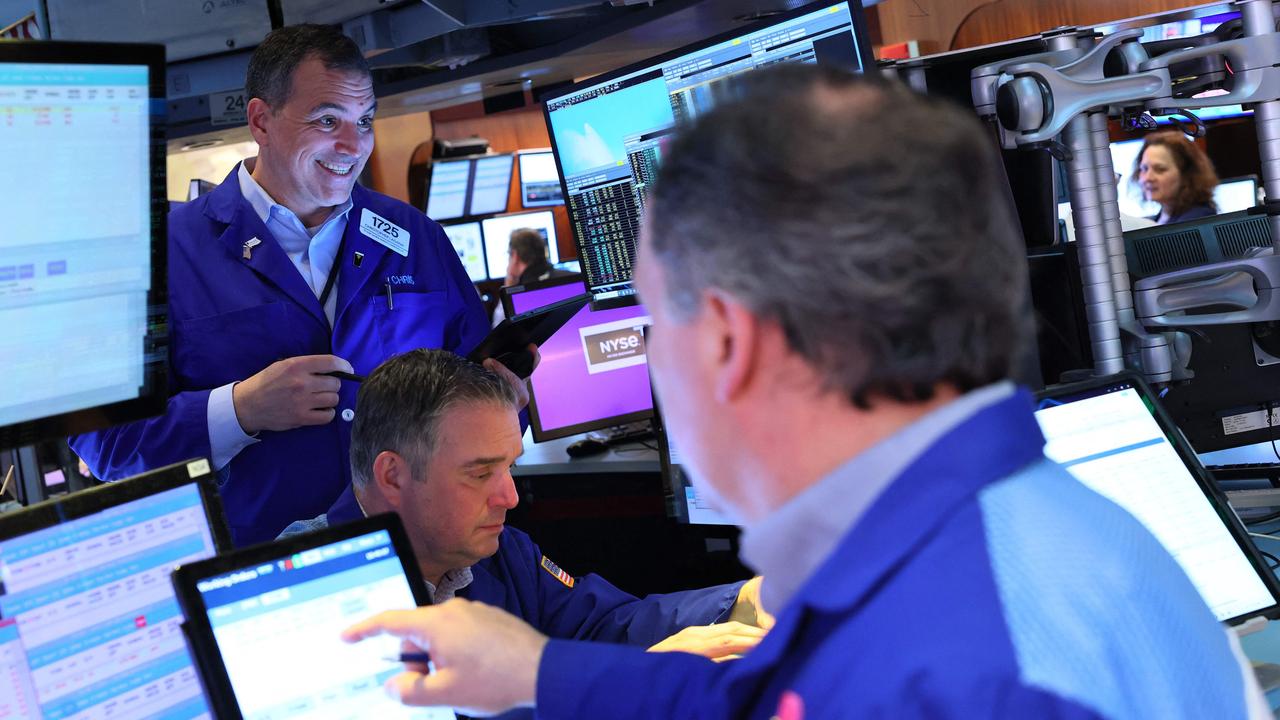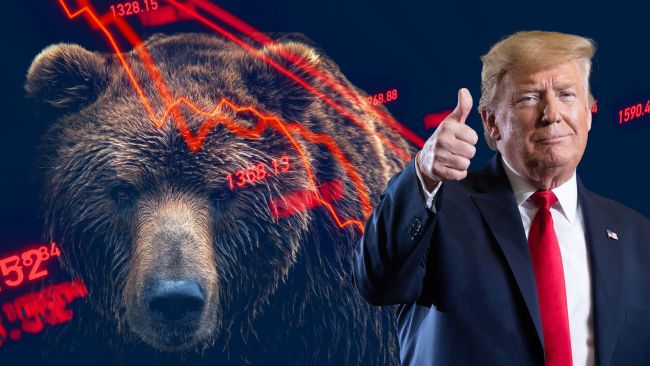ASX 200 rises; Nine board meets; CBA hits intraday record; Hanwha, Austal dispute; first ECB rate cut since 2019
CBA hits all-time high. Nine board meets over Costello fracas. Hanwha, Austal in break fee dispute. Life360 falls after US IPO. RBA deputy governor speaks at Aus Economic Outlook lunch.

Welcome to the Trading Day blog for Friday, June 7. The ASX 200 index closed 0.5 per cent higher at 7860 points on consumer gains. ECB's first rate cut since 2019.
The Aussie dollar is near US66.75c.



